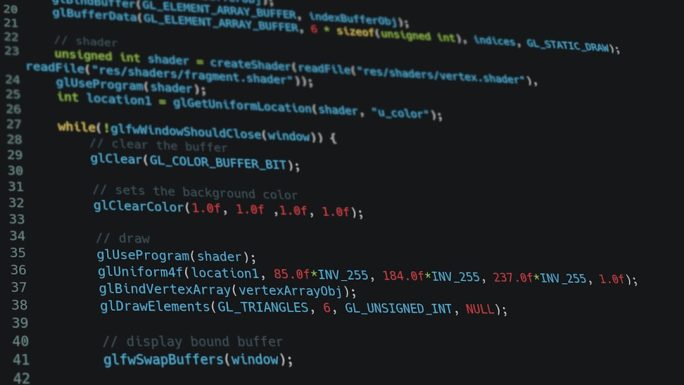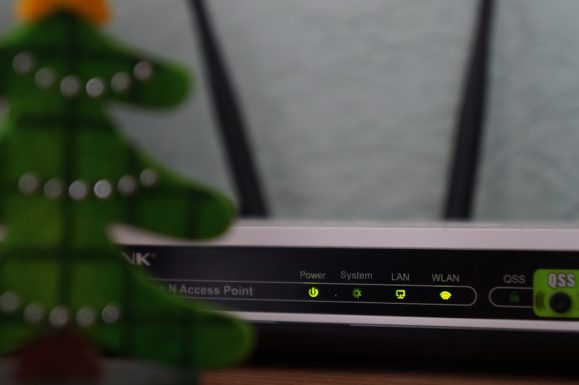Visual Studio Code (VSCode) is a powerful and widely used code editor that offers many features for developers. One of the most useful features is the ability to connect to a remote SSH host, allowing developers to work on code located on a remote server seamlessly. This eliminates the need for complex file transfers and provides direct access to a development environment.
Why Use Remote SSH in VSCode?
All Heading
Connecting to a remote SSH host through VSCode offers several advantages:
- Work on remote code effortlessly – No need to download or upload code manually.
- Deploy and test in real environments – Run code in realistic remote setups.
- Access powerful servers – Utilize high-performance remote machines for development.
- Secure and efficient workflows – Use SSH encryption for secure connections.
Prerequisites
Before connecting to a remote SSH host in VSCode, ensure that you have the following:
- VSCode installed – Download and install the latest version from the official website.
- Remote – SSH extension – Install the extension from the Extensions Marketplace in VSCode.
- SSH client – Ensure that OpenSSH is installed on your system (it is built into most Linux and macOS distributions and available as an optional feature on Windows).
- Access to a remote server – A valid username, password, or SSH key to authenticate your connection.

Step-by-Step Guide to Connecting VSCode to a Remote SSH Host
1. Install the Remote – SSH Extension
To begin, install the Remote – SSH extension in VSCode:
- Open VSCode.
- Click on the Extensions icon in the activity bar.
- Search for Remote – SSH and install the extension provided by Microsoft.
2. Open the Remote Explorer
Once the extension is installed, follow these steps:
- Click on the Remote Explorer tab in the activity bar.
- Select SSH Targets from the dropdown menu.
3. Add a New SSH Host
To configure a new SSH host:
- Click on Add New SSH Host.
- Enter the SSH command, typically:
ssh user@remote-server-ip - Select the SSH configuration file where the host should be saved (e.g.,
~/.ssh/config).
4. Connect to the Remote SSH Host
After adding the SSH host:
- Click on the configured SSH host in the Remote Explorer.
- Select Connect in New Window.
- Provide authentication details (password or SSH key).
5. Open Projects on the Remote Server
After connecting successfully, you can now open folders and files:
- Click File > Open Folder
- Select a directory on the remote server.
- Start coding as if the files were local.

Ensuring a Secure and Stable Connection
To maintain a reliable SSH connection, consider the following:
- Use SSH Keys – Password authentication can be slow; SSH keys provide better security.
- Keep the connection alive – Modify SSH settings to prevent disconnections.
- Use SSH Config File – Define hosts and settings in
~/.ssh/configfor easy access.
Troubleshooting Common Issues
If you encounter issues connecting to the remote host, check the following:
- Incorrect SSH settings – Ensure your SSH credentials and configuration are correct.
- Firewall or network issues – Some corporate or personal firewalls may block SSH connections.
- Remote SSH service is inactive – Ensure the SSH daemon is running on the server using:
sudo systemctl status ssh. - Check logs – Run
ssh -vvv user@remote-serverin your terminal to get detailed logs.

Conclusion
Connecting to a remote SSH host using VSCode is an efficient way to work on projects stored on remote servers. By following the steps outlined above, developers can create seamless workflows that improve productivity and collaboration. With the proper configuration and troubleshooting steps, you can ensure a stable and secure remote development environment.













Recent Comments